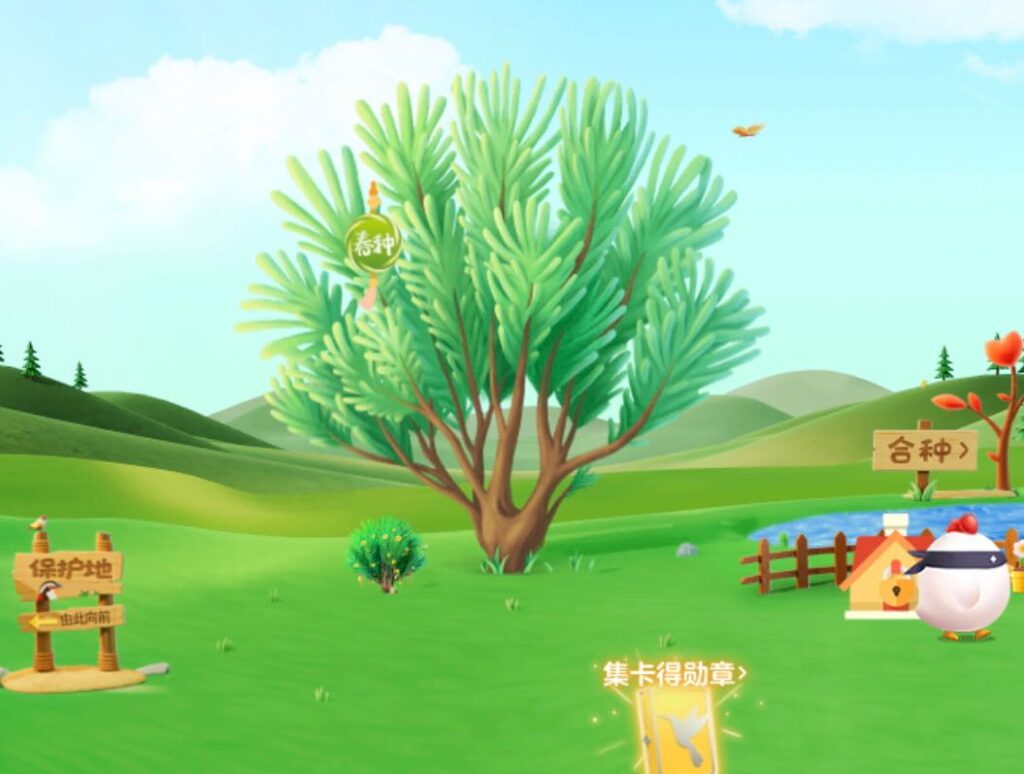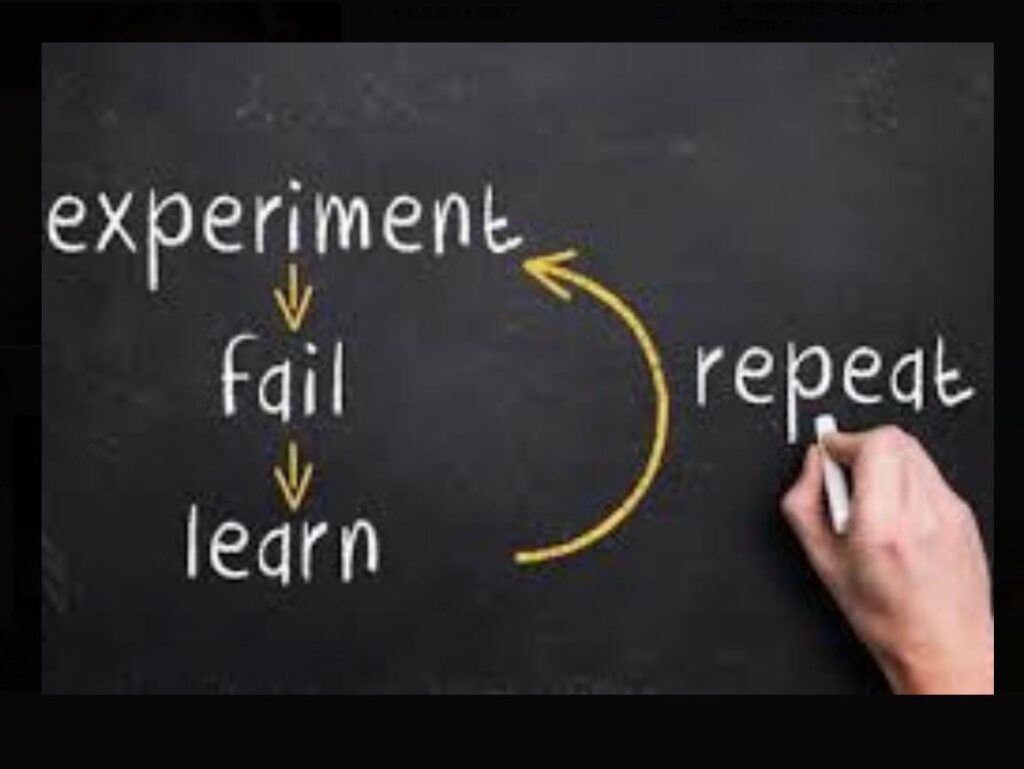Past Research

The Effect of Pedagogical questioning on children’s exploratory learning
- Research Question: How Children Learn from Pedagogical Questions in an Informal Learning Context (Pedagogical questions refer to questions asked by a knowledgeable person who intends to teach)
- Work Detail: 1. Summarized the literature on children’s exploratory learning, pedagogical questions supporting learning, and contextual factors affecting learning. 2. Edited and coded 10 recordings of parent-child conversations referring to the Dyadic Parent-Child Interaction Coding System (DPICS) and unique coding scheme. 3.Used R and SPSS to clean and analyze the collected data. ANOVA, two-tailed t-tests, and multilevel mixed-effect model were used to compare results between the experimental and control groups. 4.Quantified the impact of pedagogical questions in conversations on learning through pre and post-test scores of children to prepare for paper writing.
- Supervision: Dr. Yue Yu (NIE Child Development Studies lab, Nanyang Technological University)

The Effectiveness of Green Digital Games as an Intervention
- Research Question: Gaming Green: A Randomized Control Trial to Explore the Effectiveness of Green Digital Games in Producing Pro-environmental Behaviour and Improving Subjective Well-being
- Work Detail: 1. Reviewed and summarized the literature on digital games with serious purposes, environmental education games related to pro-environmental behaviors, and Subjective well-being. 2. Designed a randomized control trial and analyzed 215 participants using quantitative methods such as two-tailed t-test, OLS regression analysis, and ordered probit regressions. 3. Discovered the positive effect of green games on environmental-friendly behaviors and proposed the potential application of green games as a reference for policy design.
- Supervision: Assistant Professor Dario Krpan (LSE) & Assistant Professor Ganga Shreedhar (LSE)

Behavioral Experiment on adults and children with Epilepsy
- Research Question: Roles of neural replay in reinforcement learning and memory preservation
- Work Detail: 1. Trained with neuroimaging techniques, learned the operation of Stereoelectroencephalography (SEEG), and passed the examination of magnetic resonance imaging (MRI). 2. Tested 14 epilepsy patients (both children and adults) through behavioral experimental games based on Psychopy and obtained the task-based and resting-state SEEG signals. 3. Collected background data of patients and conducted clinical questionnaires and neuropsychological tests (Wechsler Intelligence Scale & Memory Scale & Mini-Mental State Examination). 4. Participated in upgrading game-based behavioral experiments in order to improve playability.
- Supervision: MD. Xiongfei Wang (Beijing Brain Hospital), Professor Yunzhe Liu (Beijing Normal University)